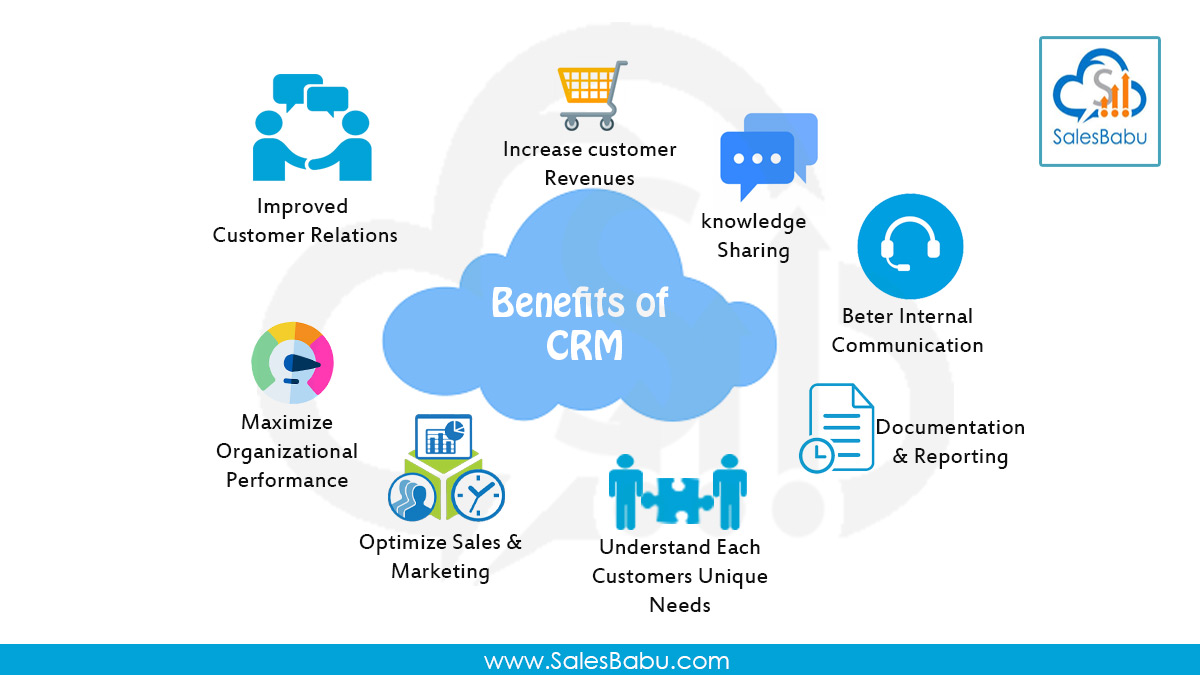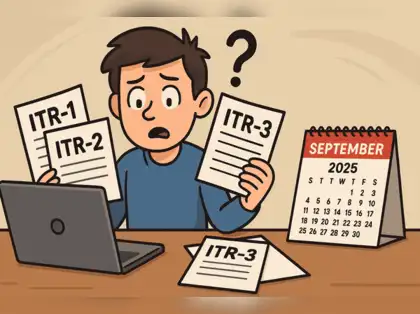Benefits of CRM System
A CRM system, or Customer Relationship Management system, is a powerful tool that businesses can utilize to manage and analyze customer interactions and data throughout the customer lifecycle. In today’s highly competitive business landscape, implementing a CRM system can provide numerous benefits and give you a competitive edge. In this article, we will explore the key benefits of a CRM system and how it can help businesses thrive in the digital age.
Improved Customer Relationships
One of the primary benefits of a CRM system is the ability to enhance customer relationships. By centralizing customer data, a CRM system allows businesses to gain a comprehensive view of each customer, including their purchase history, preferences, and interactions. This information enables businesses to personalize their interactions and tailor their marketing efforts to meet the specific needs and preferences of individual customers.
Enhanced Sales and Marketing Efforts
A CRM system can significantly improve sales and marketing efforts. By analyzing customer data, businesses can identify patterns, trends, and customer behaviors. This valuable insight helps businesses develop targeted marketing campaigns and optimize their sales strategies. Additionally, a CRM system can automate various sales and marketing processes, such as lead generation, nurturing, and tracking, enabling teams to focus on high-value activities and close deals more efficiently.
Increased Efficiency and Productivity
Implementing a CRM system can streamline business operations and boost overall efficiency and productivity. With a centralized database, employees can access customer information easily, eliminating the need for manual data entry and reducing the risk of errors. Automation features in a CRM system can automate routine tasks, freeing up time for employees to focus on core business activities. This increased efficiency and productivity can lead to cost savings and improved customer satisfaction.
Better Customer Service and Support
A CRM system plays a crucial role in delivering exceptional customer service and support. By having a complete view of customer interactions and preferences, businesses can provide personalized and timely support. The system can also track customer issues and inquiries, ensuring that they are addressed promptly and effectively. With a CRM system, businesses can establish strong customer relationships built on trust, responsiveness, and satisfaction.
Improved Decision-Making and Analytics
A CRM system provides valuable insights and analytics that can support data-driven decision-making. By analyzing customer data, businesses can identify trends, preferences, and areas for improvement. These insights enable businesses to make informed decisions, refine their strategies, and optimize their operations. With a CRM system, businesses can track key performance indicators, measure the effectiveness of marketing campaigns, and identify opportunities for growth and innovation.
Increased Collaboration and Communication
A CRM system promotes collaboration and communication among teams within an organization. By providing a centralized platform for sharing customer information, employees from various departments can work together seamlessly. This collaboration ensures that everyone is on the same page, leading to better coordination, improved customer service, and enhanced overall efficiency.

A CRM system offers a multitude of benefits for businesses of all sizes and industries. From improving customer relationships and enhancing sales and marketing efforts to increasing efficiency and facilitating better decision-making, the advantages of implementing a CRM system are undeniable. By leveraging the power of a CRM system, businesses can stay ahead of the competition, deliver exceptional customer experiences, and drive long-term success.
Frequently Asked Questions about the Benefits of CRM System
1. What is a CRM system?
A CRM system, or Customer Relationship Management system, is a software tool that helps businesses manage and analyze customer interactions and data throughout the customer lifecycle.
2. What are the key benefits of implementing a CRM system?
Implementing a CRM system can provide benefits such as improved customer relationships, increased sales and revenue, enhanced customer service, streamlined marketing efforts, and better data analysis for informed decision-making.
3. How can a CRM system improve customer relationships?
A CRM system allows businesses to centralize customer data, track interactions, and provide personalized experiences, resulting in better customer satisfaction, loyalty, and retention.
4. Can a CRM system help increase sales and revenue?
Yes, a CRM system can help sales teams by providing them with valuable insights, automating sales processes, and enabling effective lead management, resulting in increased sales and revenue generation.
5. How does a CRM system enhance customer service?
A CRM system allows businesses to access customer information quickly, track customer issues, and provide timely and personalized support, leading to improved customer service and faster issue resolution.
6. How can a CRM system streamline marketing efforts?
A CRM system can store and analyze customer data, enabling targeted marketing campaigns, personalized messaging, and improved lead nurturing, resulting in higher marketing effectiveness and ROI.
7. How does a CRM system help in data analysis?
A CRM system collects and organizes customer data, providing businesses with valuable insights, trends, and patterns, which can be used for data-driven decision-making, forecasting, and identifying growth opportunities.
8. Can a CRM system integrate with other business tools?
Yes, most CRM systems offer integration capabilities with other business tools such as email marketing platforms, help desk software, and accounting systems, allowing seamless data flow and improved productivity.
9. Is a CRM system suitable for all types of businesses?
Yes, a CRM system can benefit businesses of all sizes and industries, including B2B and B2C companies, as it helps in managing customer relationships, improving sales processes, and enhancing overall business efficiency.
10. How can I choose the right CRM system for my business?
Choosing the right CRM system involves considering factors such as your specific business needs, scalability, ease of use, integration capabilities, vendor reputation, and customer support. It is recommended to evaluate multiple options and take advantage of free trials or demos before making a decision.




